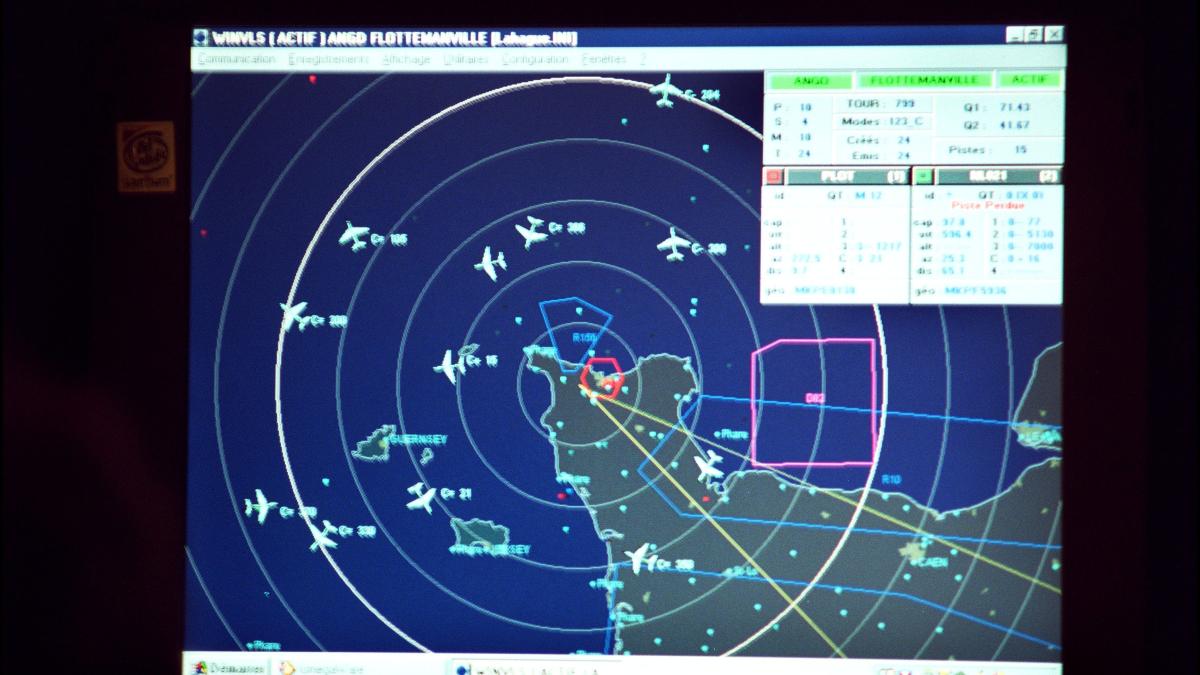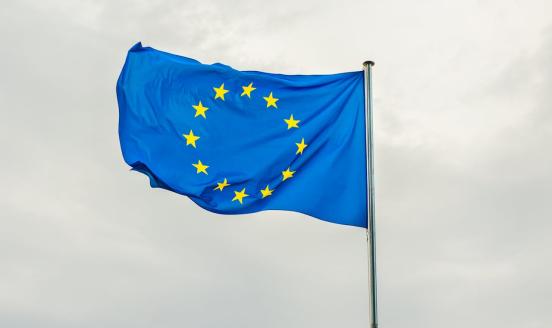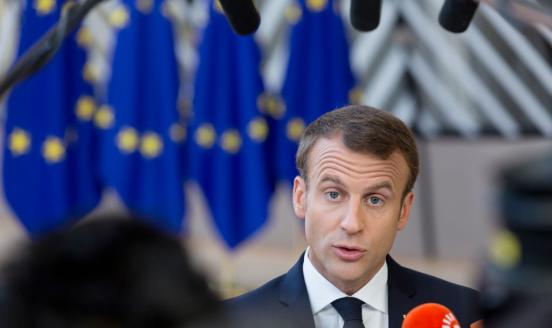European Union debt to boost European air defence
European Union borrowing could help fund air defence for the continent, while taking pressure off national defence budgets

Ukraine is not the only part of Europe vulnerable to missiles and air attacks. Existing capabilities, in particular NATO’s integrated air and missile defence systems, are not sufficient to comprehensively protect European territory. According to Germany’s highest-ranked soldier, General Breuer, there is “no alternative” to the construction in the next five to eight years of missile defence against a more aggressive Russia. Experience in both Ukraine and Israel shows that effective missile defence is actually feasible.
Given this, it would be irresponsible if a European sky shield is not built quickly, especially for countries without their own nuclear deterrents. But such a project would face two major problems: cost and a trade-off between speed of deployment and industrial policy objectives in the defence industry. Issuing European Union debt could overcome these issues. Additional EU debt outside of national fiscal rules and budget consolidations would free national budgetary resources and provide long-term funding stability.
Air-defence systems such as the US-made Patriot are expensive – one reason why European governments have invested insufficiently. The struggles of the German-led attempt in spring 2024 to provide Ukraine with more air-defence capabilities showed how scarce such systems are, how governments are reluctant to provide them for Ukraine while increasing their own vulnerabilities, and that cost is an issue.
A large-scale EU debt issue would provide EU countries with the funds to order and buy air-defence systems immediately. In the short term, EU debt could fund purchases of readily available equipment from US and Israeli producers. The European Sky Shield Initiative, proposed by Chancellor Scholz in August 2022, currently has 21 participating states, with Poland also set to join. The initiative, however, has been criticised by France and others, in part because of its focus on US and Israeli companies. Rapidly expanding this initiative would enable Europe’s central and eastern countries to prioritise air defence investment more credibly while freeing national budgetary resources for other defence spending.
Since EU debt would be additional, increased spending in the short term would not come at the expense of defence industrial policy objectives. Germany, for example, bought Patriot systems in 2023 and 2024 for several billion euros. These purchases absorbed a significant part of a special €100 billion German defence fund (Sondervermögen). If EU funding were made available, freed-up fiscal resources could be focused on domestic and European military purchases – for example drones – including from European high-tech defence companies. If EU debt were additional, purchases from US companies would not crowd out European industrial development. Since current defence spending is insufficient to quickly built up the necessary capacities, the additional European debt would be helpful.
European debt issuance would also provide long-term funding that would provide the necessary stability for effective industrial policy. President Macron has highlighted that Europe has some of the best companies producing air defence system. EU debt would provide the planning horizon to task these companies with a major industrial-policy project to make their air-defence systems fit to fully protect European airspace. Part of the answer could be to complement and integrate the existing Patriot and Iron Dome systems.
Finally, the new EU funding initiative should also be open to other European allies, including the United Kingdom and Norway, which are part of the same airspace that needs to be defended, and which also have cutting-edge defence companies from which purchases could be sourced. A European public good requires European funding. The EU could quickly place EU debt in the market at low cost, as the EU’s debt initiative in response to the COVID-19 pandemic showed.
In the short term, EU debt will help build-up air defence more rapidly, and the freed-up national resources could be used to advance other cutting-edge military technology. Meanwhile, long-term commitment through EU debt would help move beyond the perennial problem of short-term political-industrial vested interests and push for air-defence systems made in Europe that will protect the continent against a threat that may remain acute for decades.



